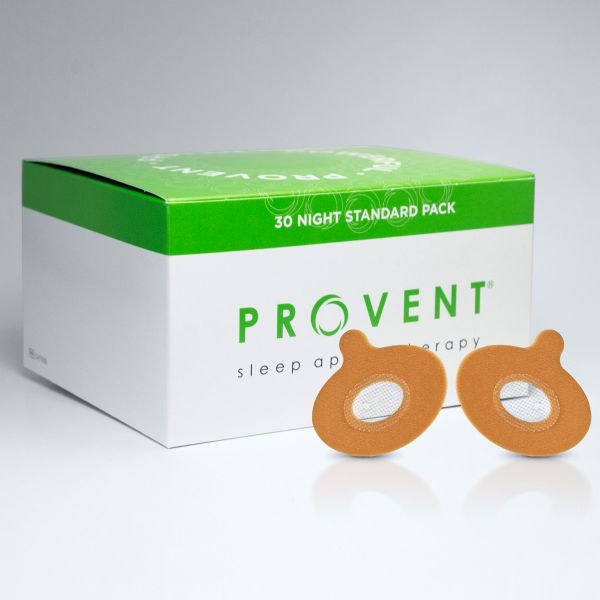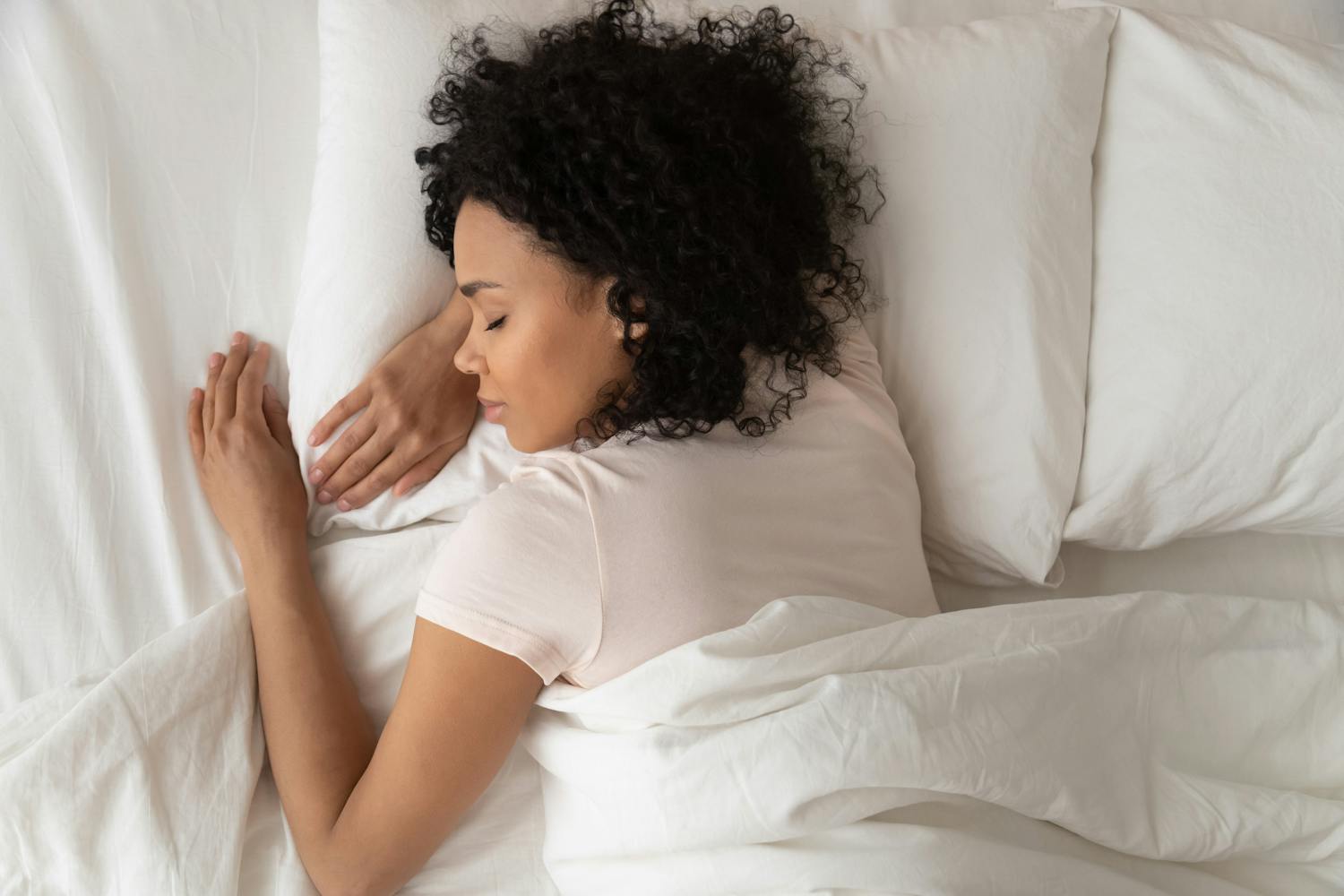Experienced Insomnia Specialist - Personalized Look After Better Sleep
Experienced Insomnia Specialist - Personalized Look After Better Sleep
Blog Article
Effective Therapy Solutions for Taking Care Of Rest Disorders and Enhancing Relaxed Sleep
In the realm of health care, the monitoring of sleep problems and the mission for peaceful rest are pivotal elements of overall wellness. As we navigate the detailed landscape of sleep disorders and look for to boost our rest experience, a much deeper understanding of these treatment services might hold the secret to unlocking a more refreshing and satisfying restorative journey.
Cognitive Behavior Modification for Sleeping Disorders (CBT-I)
Cognitive Behavior Modification for Sleeping Disorders (CBT-I) is a structured, evidence-based therapy strategy that concentrates on attending to the hidden variables adding to rest disruptions. This kind of therapy aims to modify habits and thoughts that aggravate insomnia, inevitably advertising healthy rest patterns. CBT-I generally involves a number of crucial components, including cognitive treatment, rest restriction, stimulus control, and sleep health education and learning.
Cognitive therapy aids individuals determine and alter unfavorable idea patterns and beliefs about sleep that may be preventing their capacity to fall or stay asleep. Rest constraint involves restricting the amount of time invested in bed to match the person's actual rest duration, thus increasing rest efficiency (insomnia solutions). Stimulus control strategies assist develop a strong association in between the bed and rest by motivating individuals to head to bed only when drowsy and to stay clear of participating in stimulating tasks in bed
Additionally, sleep health education and learning concentrates on establishing healthy and balanced sleep practices, such as preserving a regular sleep timetable, creating a relaxing bedtime regimen, and enhancing the rest environment. By resolving these variables thoroughly, CBT-I uses an efficient non-pharmacological treatment for handling sleep problems and improving overall rest top quality.
Rest Hygiene Practices
Having actually established the structure of cognitive restructuring and behavioral adjustments in resolving sleeplessness with Cognitive Behavioral Treatment for Sleep Problems (CBT-I), the emphasis now moves in the direction of checking out crucial Rest Health Practices for keeping optimal sleep high quality and general wellness.
Sleep hygiene techniques encompass a series of routines and environmental factors that can considerably affect one's capacity to fall asleep and remain asleep throughout the evening. Regular sleep and wake times, creating a relaxing going to bed routine, and optimizing the sleep setting by keeping it dark, silent, and cool are critical parts of good sleep health. Limiting exposure to screens prior to going to bed, preventing energizers like caffeine close to bedtime, and taking part in routine exercise throughout the day can likewise advertise far better rest high quality.
Moreover, practicing relaxation techniques such as deep breathing exercises or meditation before bed can assist calm the mind and prepare the body for sleep. By including these rest hygiene techniques into one's everyday regimen, people can develop a healthy and balanced rest pattern that sustains peaceful sleep and total health.
Leisure Strategies and Mindfulness
Applying leisure strategies and mindfulness methods can play a crucial duty in cultivating a feeling of calm and advertising high quality rest. sleep therapy. These techniques intend to silent the mind, decrease tension, and develop an ideal setting for peaceful rest. One extensively practiced method is deep breathing exercises, where individuals concentrate on slow, deep breaths to unwind the mind and body. Progressive muscle leisure involves tensing and after that releasing each muscle team, advertising physical leisure. Additionally, assisted imagery can assist deliver individuals to a tranquil place in their minds, aiding in stress decrease and boosting sleep top quality.
By including these methods into a going to bed regimen, people can signal to their bodies that it is time to prepare and take a break for sleep. Generally, incorporating relaxation techniques and mindfulness techniques can considerably contribute to taking care of sleep problems and improving overall sleep high quality.

Medicine Options for Sleep Disorders
After checking out relaxation methods and mindfulness practices as non-pharmacological interventions for boosting rest quality, it is necessary to take into consideration medication choices for individuals with rest disorders. In instances where way of living modifications and treatment do not offer enough alleviation, medicine can be a useful tool in managing sleep disturbances.
Commonly prescribed medications for sleep disorders include benzodiazepines, non-benzodiazepine hypnotics, antidepressants, and melatonin receptor agonists. Antidepressants, such as trazodone, can be valuable for individuals with co-occurring anxiety and sleep disturbances - insomnia specialist.
It is important for individuals to speak with a doctor to identify one of the most suitable medication option based upon their certain rest condition and case history.
Light Therapy for Circadian Rhythm Guideline
Light therapy, likewise understood as photo-therapy, is a non-invasive treatment approach utilized to control circadian rhythms and improve sleep-wake cycles. This therapy includes exposure to bright light that resembles all-natural sunlight, which helps to reset the body's biological rhythm. By subjecting people to certain wavelengths of light, usually in the early morning or night depending upon the wanted result, light therapy can effectively adjust the circadian rhythm to advertise wakefulness throughout the day and boost peaceful rest at evening.
Research has actually revealed that light treatment can be specifically beneficial for people with circadian rhythm sleep deprivation help conditions, such as postponed sleep stage syndrome or jet lag. It can also be handy for those experiencing seasonal affective problem (SAD), a kind of clinical depression that generally takes place during the cold weather when all-natural light exposure is decreased. Light treatment is usually well-tolerated and can be utilized along with various other therapy methods for rest disorders to enhance end results and enhance overall rest top quality.
Conclusion
To conclude, reliable treatment options for taking care of sleep conditions and enhancing restful sleep consist of Cognitive Behavior modification for Insomnia (CBT-I), rest health practices, leisure methods and mindfulness, drug choices, and light treatment for body clock law. These techniques can aid people boost their sleep quality and total wellness. It is necessary to consult with a health care provider to figure out the most suitable strategy for resolving rest problems.
As we navigate the complex landscape of rest disorders and seek to enhance our sleep experience, a much deeper understanding of these therapy solutions might hold the key to unlocking a more relaxing and fulfilling corrective trip.
Rest limitation entails restricting the amount of time invested in bed to match the person's real rest period, consequently increasing sleep effectiveness. Consistent sleep and wake times, creating a relaxing bedtime regimen, and maximizing the sleep atmosphere by keeping it dark, quiet, and cool are vital parts of great rest health. Light treatment is usually well-tolerated and can be utilized in conjunction with various other therapy techniques for sleep conditions to optimize outcomes and improve total sleep top quality.

Report this page